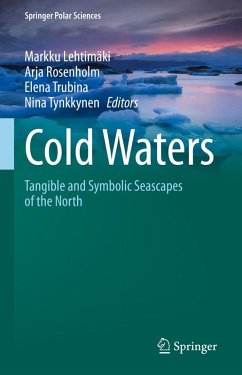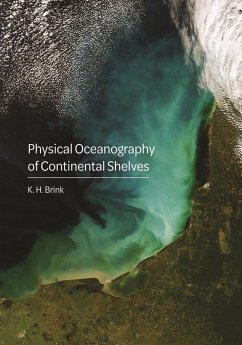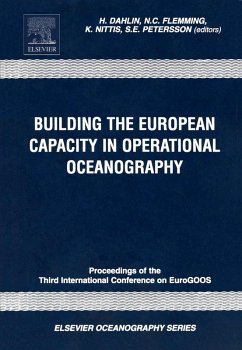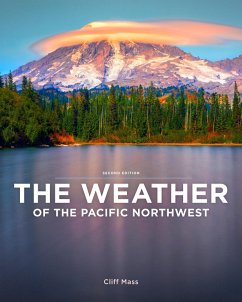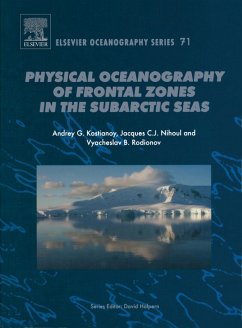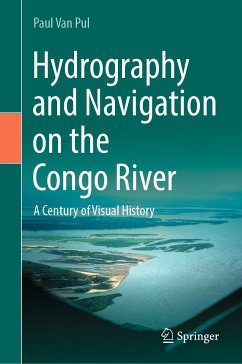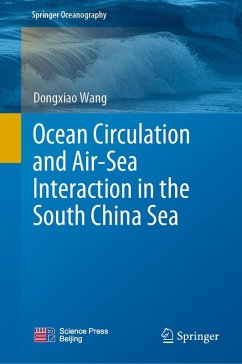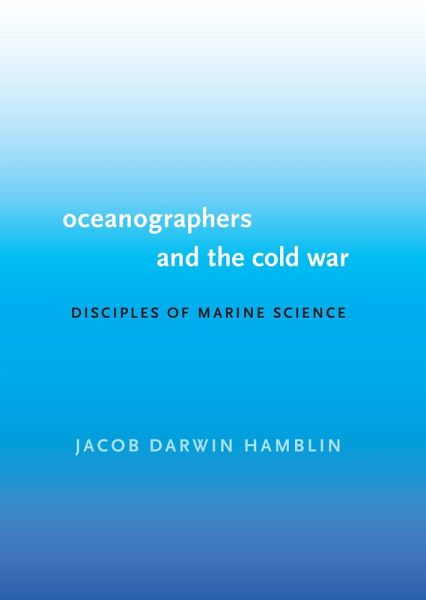
Oceanographers and the Cold War (eBook, PDF)
Disciples of Marine Science
Versandkostenfrei!
Sofort per Download lieferbar
22,95 €
inkl. MwSt.
Weitere Ausgaben:

PAYBACK Punkte
11 °P sammeln!
A political history of twentieth-century oceanographyOceanographers and the Cold War is about patronage, politics, and the community of scientists. It is the first book to examine the study of the oceans during the Cold War era and explore the international focus of American oceanographers, taking into account the roles of the US Navy, US foreign policy, and scientists throughout the world. Jacob Darwin Hamblin demonstrates that to understand the history of American oceanography, one must consider its role in both conflict and cooperation with other nations.Paradoxically, American oceanography...
A political history of twentieth-century oceanography
Oceanographers and the Cold War is about patronage, politics, and the community of scientists. It is the first book to examine the study of the oceans during the Cold War era and explore the international focus of American oceanographers, taking into account the roles of the US Navy, US foreign policy, and scientists throughout the world. Jacob Darwin Hamblin demonstrates that to understand the history of American oceanography, one must consider its role in both conflict and cooperation with other nations.
Paradoxically, American oceanography after World War II was enmeshed in the military-industrial complex while characterized by close international cooperation. The military dimension of marine science--with its involvement in submarine acoustics, fleet operations, and sea-launched nuclear missiles--coexisted with data exchange programs with the Soviet Union and global operations in seas without borders.
From an uneasy cooperation with the Soviet bloc in the International Geophysical Year of 1957-58, to the NATO Science Committee in the late 1960s, which excluded the Soviet Union, to the US Marine Sciences Council, which served as an important national link between scientists and the government, Oceanographers and the Cold War reveals the military and foreign policy goals served by US government involvement in cooperative activities between scientists, such as joint cruises and expeditions. It demonstrates as well the extent to which oceanographers used international cooperation as a vehicle to pursue patronage from military, government, and commercial sponsors during the Cold War, as they sought support for their work by creating "disciples of marine science" wherever they could.A political history of twentieth-century oceanography
Oceanographers and the Cold War is about patronage, politics, and the community of scientists. It is the first book to examine the study of the oceans during the Cold War era and explore the international focus of American oceanographers, taking into account the roles of the US Navy, US foreign policy, and scientists throughout the world. Jacob Darwin Hamblin demonstrates that to understand the history of American oceanography, one must consider its role in both conflict and cooperation with other nations.
Paradoxically, American oceanography after World War II was enmeshed in the military-industrial complex while characterized by close international cooperation. The military dimension of marine science--with its involvement in submarine acoustics, fleet operations, and sea-launched nuclear missiles--coexisted with data exchange programs with the Soviet Union and global operations in seas without borders.
From an uneasy cooperation with the Soviet bloc in the International Geophysical Year of 1957-58, to the NATO Science Committee in the late 1960s, which excluded the Soviet Union, to the US Marine Sciences Council, which served as an important national link between scientists and the government, Oceanographers and the Cold War reveals the military and foreign policy goals served by US government involvement in cooperative activities between scientists, such as joint cruises and expeditions. It demonstrates as well the extent to which oceanographers used international cooperation as a vehicle to pursue patronage from military, government, and commercial sponsors during the Cold War, as they sought support for their work by creating "disciples of marine science" wherever they could.A political history of twentieth-century oceanography
Dieser Download kann aus rechtlichen Gründen nur mit Rechnungsadresse in A, D ausgeliefert werden.




